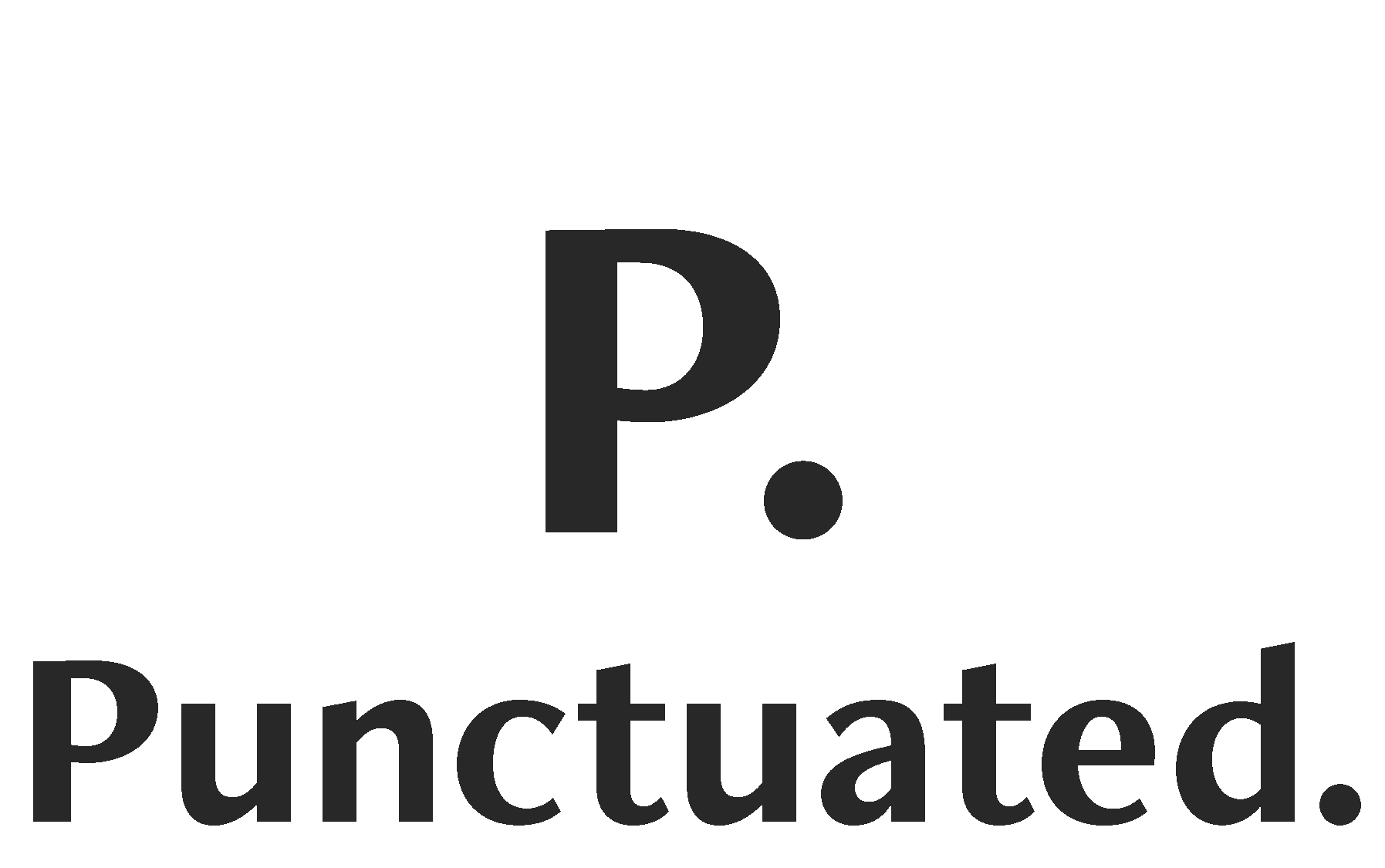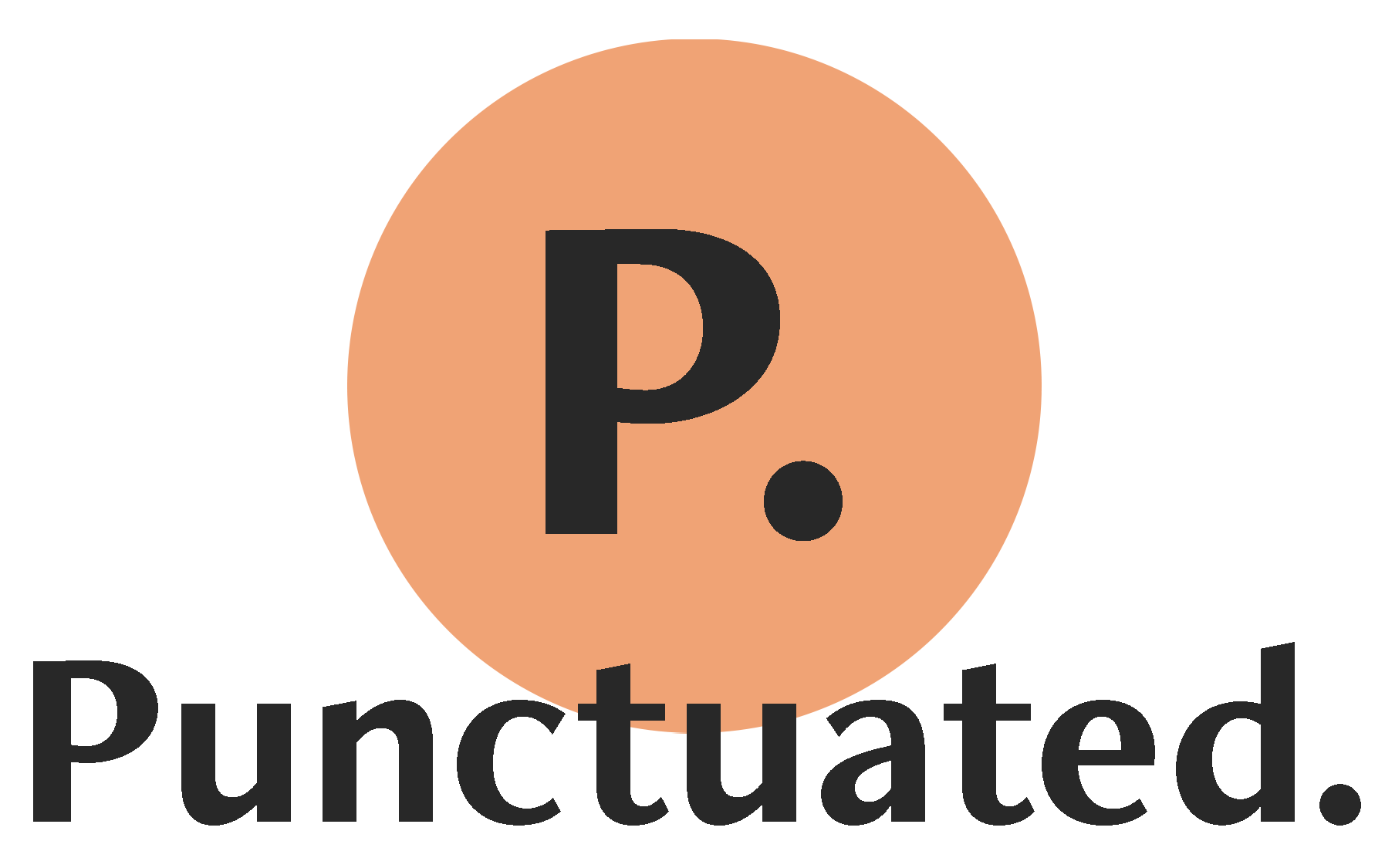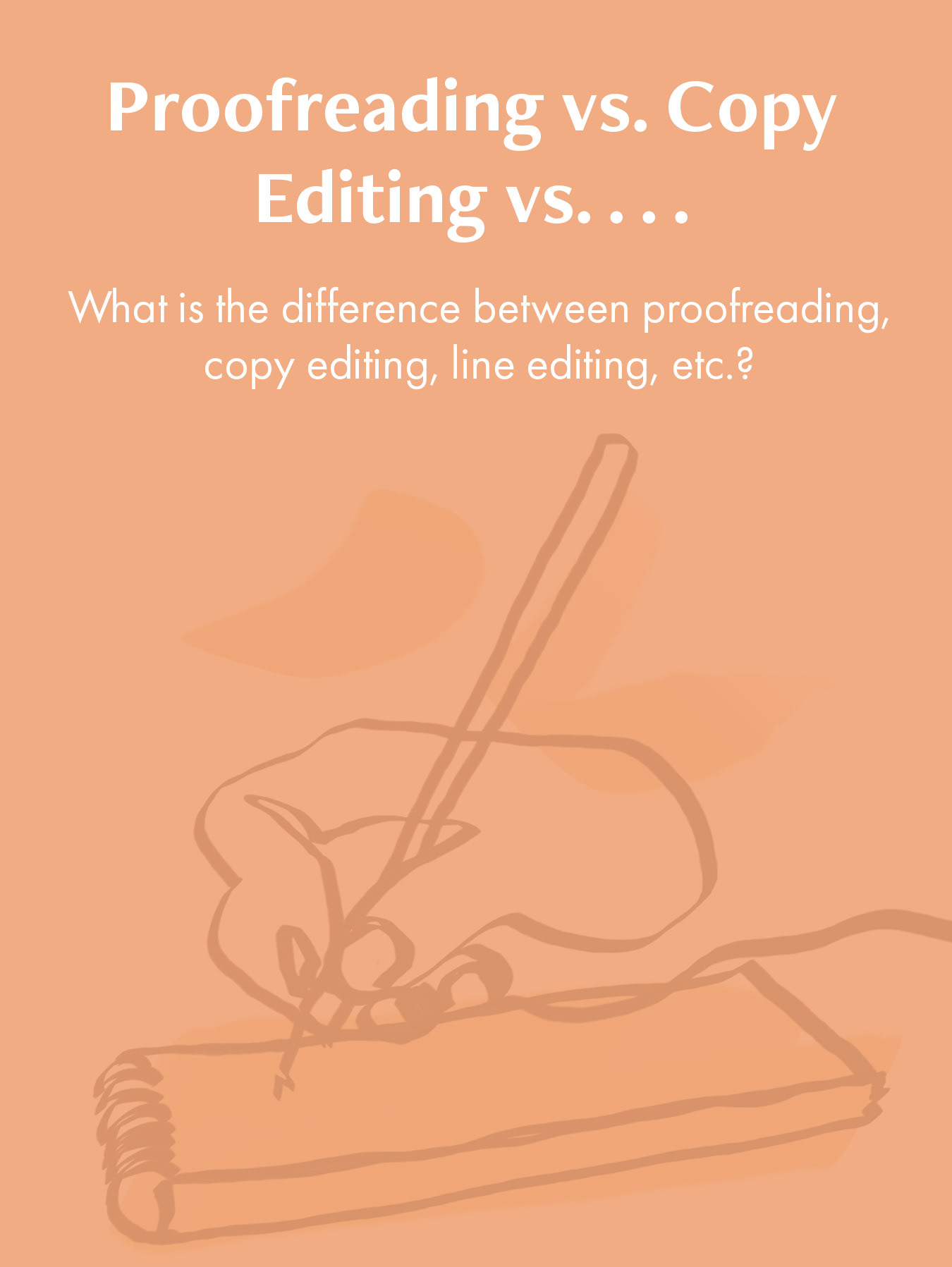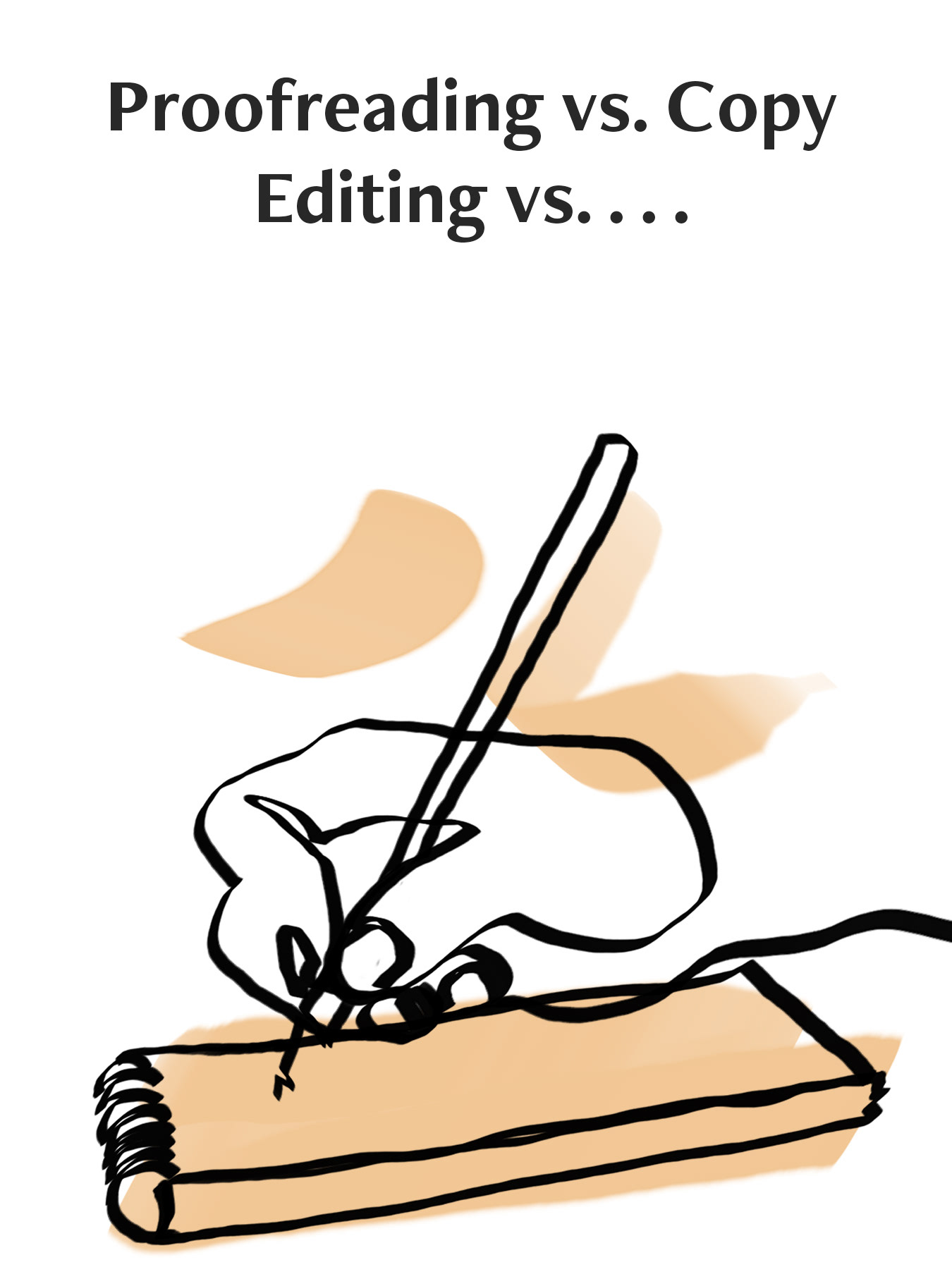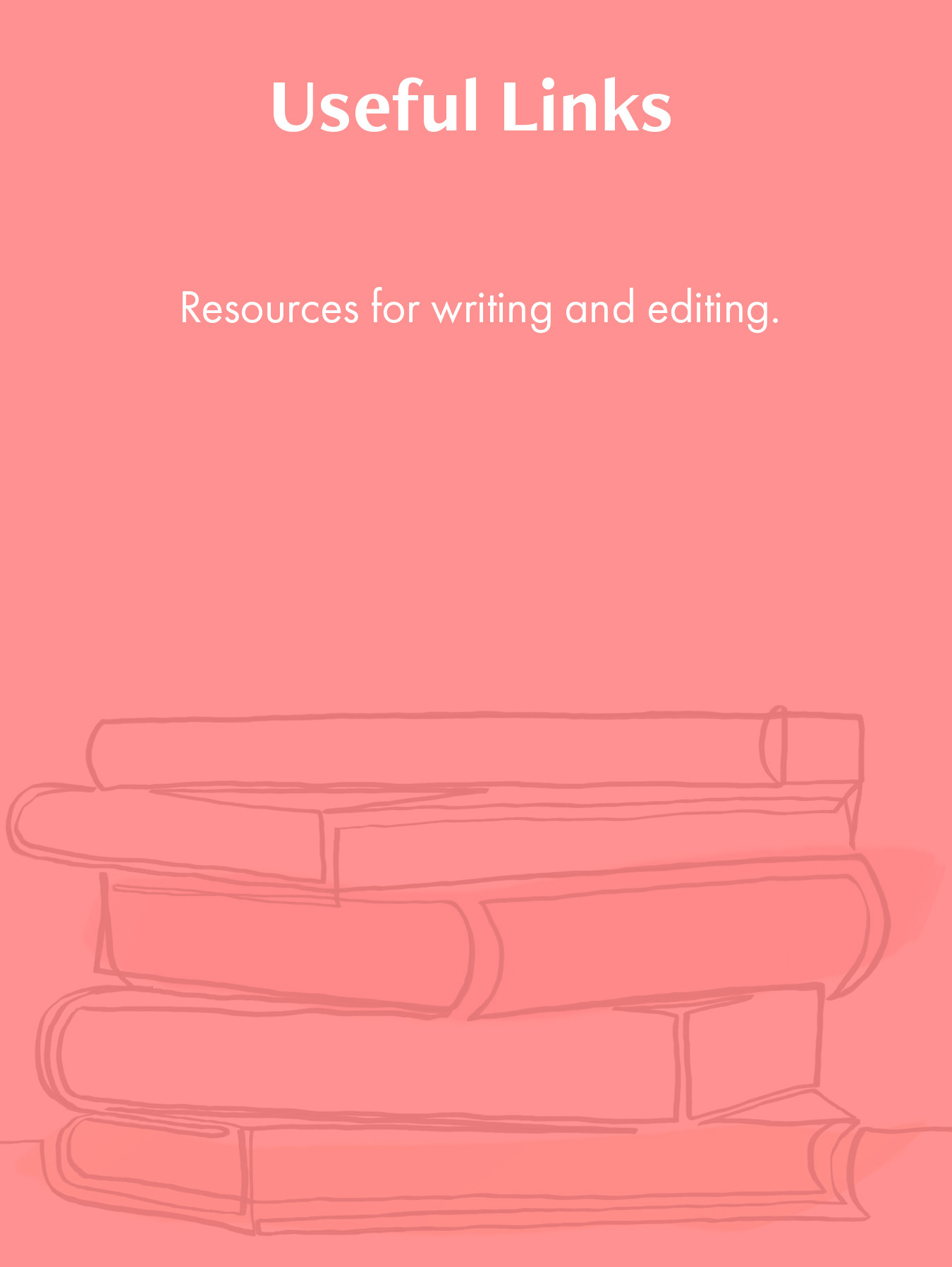Why care about editing . . .
Well-written content builds authority and trust with the reader. Businesses use written content online to attract customers with helpful information. Authors of creative fiction and nonfiction alike strive to tell compelling stories that linger in the reader’s mind. Even a small spelling error or ambiguity can eject someone from a story. Likewise, a well-crafted webpage can feel careless if it advertises grammatical errors or confusing information.
. . . and why not do it yourself?
One might know that they are a good writer or think they have done their due diligence in proofreading their work, but the truth is that even the best authors miss things. Even the best editors miss things in their own writing. And, even the best AI misses or misunderstands nuance.
The key to good editing is not just having a strong grasp of grammar, spelling, and craft, but having a fresh set of eyes on the writing.
Our brains do a lot of work which uses a lot of energy. To conserve some of that, they find shortcuts. When we are familiar with our writing, the brain tends to fill in information that it knows ought to be there. It doesn’t just fill in missing commas; it can also fill in our own intentions.
Here is an example:
It wasn’t until the plane landed that Maria cried.
“We made it!”
Is Maria happy or sad? Is she the one saying, “We made it”? If so, is she crying out of relief for the plane landing, or crying out in excitement for arriving at her destination? If the author knows the answer, they may think it’s clear, but new readers bring new perspectives and are able to question unforeseen ambiguities.
What’s more, the English language is complex. Even native speakers have difficulty mastering its many rules and exceptions and spotting subtle differences between regional spellings.
Is it “fulfil” or “fulfill”? Does one lay or lie? Are we going to eat Grandma or eat, Grandma?
A new eye provides an essential perspective to spot all of these tricky details.
An example of editing at work
To show what different levels of editing do, let’s look at a sentence from the first draft of this article:
Businesses use written online content more than ever to attract customers with helpful information.
Mechanically, this sentence could use a comma between “written” and “online” because they are equally describing “content”. So, it could read:
Businesses use written, online content more than ever to attract customers with helpful information.
A proofreader’s responsibility would end there, with the comma. However, a copy editor may feel that the sentence is a bit clunky for the casual tone of the article. They may suggest the revision:
Businesses use written content online more than ever to attract customers with helpful information.
This avoids confusion by using only one adjective (“written”) to describe the content while still clarifying that the content exists online (now used as an adverb)
A line editor, however, may take the sentence a step further by suggesting that “more than ever” isn’t necessary in the modern age. Perhaps, in 2010, it might still have been relevant to point out the rising importance of online content, but this was written in 2023. Online presence has become so ubiquitous that the phrase “more than ever” doesn’t add much meaning.
So, the final sentence now reads:
Businesses use written content online to attract customers with helpful information.
This is concise and its meaning is clear, aligning with the article’s goal.
. . .
Hopefully, this helps illustrate how editors can improve writing in ways big and small. Whatever your needs, feel free to reach out with any questions about what I do or how I work.
